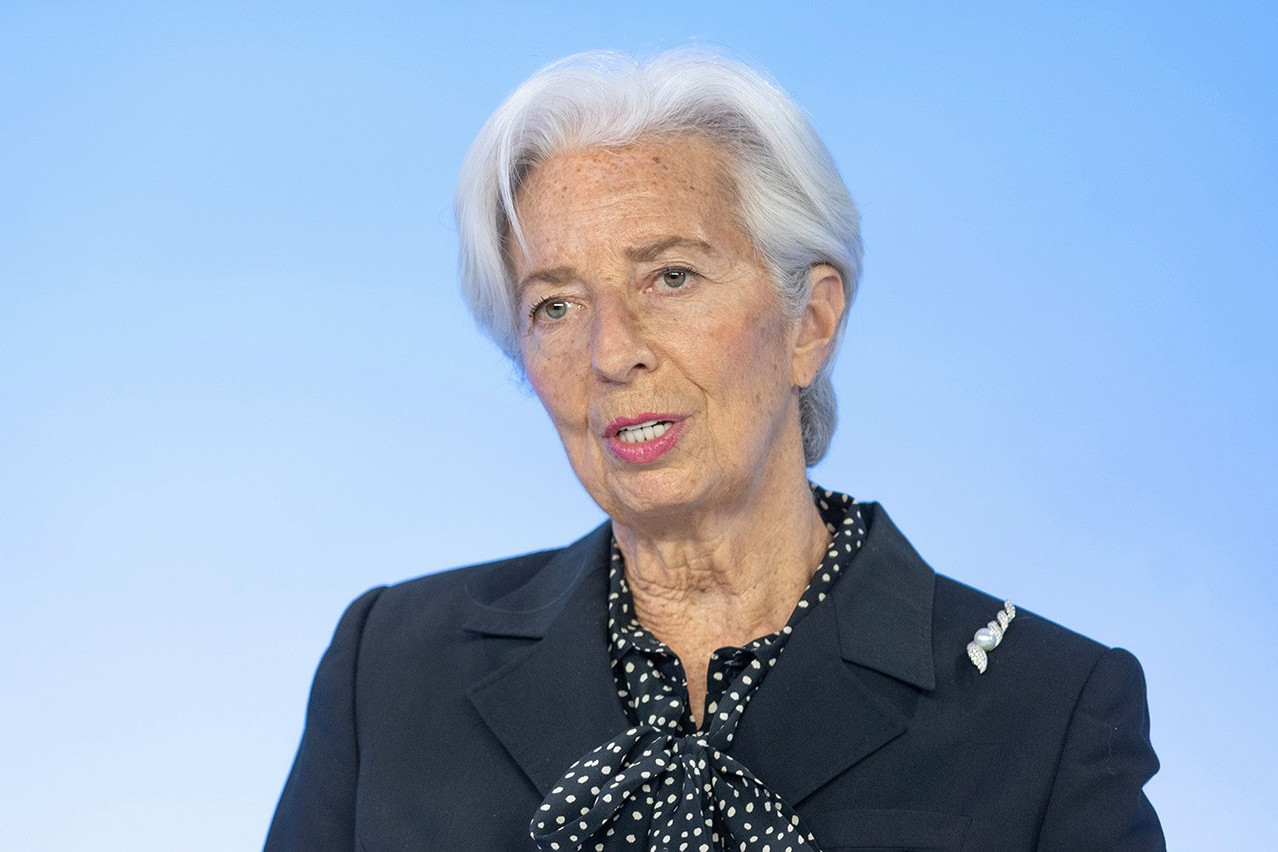“The global economy has been undergoing a period of transformative change,” ECB president Christine Lagarde said in a speech in New York, setting the tone of uncertainty and caution. Without wasting words, she the Council on Foreign Relations: “We are witnessing a fragmentation of the global economy into competing blocs, with each bloc trying to pull as much of the rest of the world closer to its respective strategic interests and shared values.”
“First, we may see more instability as global supply elasticity wanes; and second, we could see more multipolarity as geopolitical tensions continue to mount,” pinpointed Lagarde in regard to the effect of this geological fragmentation.
Global supply chain
Lagarde lauded the global supply chain, which flourished and became resilient over time as China joined the world economies, allowing for increased streamlined production lines and labor supply. This steady global supply chain provided a solid foundation for a long period of relatively low and stable inflation.
However, the current situation, characterised by a cocktail of higher costs and wages, and lower growth rates, may lead policymakers to face further uncertainty, if there is a risk of supply chain rupture due to differing geopolitical interests.
Giving a concrete example, Lagarde pointed out that while United States, which relies entirely on imports for at least 14 essential minerals, and Europe, which depends on China for 98% of its rare earth supply, any disruptions in the supply of these critical minerals could have significant repercussions on key sectors of the economy, such as the automobile industry and its transition to electric vehicle production.
To minimise this extreme dependance, legislation is already under play to accelerate autonomy, but at another cost--increased fragmentation. Global firms--in anticipation of these policy changes--are either planning or have already started implementing regionalisation of their supply chains. Lagarde foresees these changes in global order to have as “likely to have first-order implications for central banks.”
“If global value chains fragment along geopolitical lines, the increase in the global level of consumer prices could range between around 5% in the short run and roughly 1% in the long run.”
Multipolar world
These anticipated supply chain reassembly and regroupings, coupled with geopolitical risks, high inflation, low economic activity and drop in international trade, could lead to changes in central banks’ outlook as well. “We may see the world becoming more multipolar,” and in consequence “new trade patterns may have ramifications for payments and international currency reserves.”
She referred to recent studies which suggest a direct correlation between a country’s trade with China and its holdings of renminbi as reserves. Furthermore, some countries have expressed intentions to enhance their utilisation of alternative currencies, such as the Chinese renminbi or the Indian rupee, for invoicing international trade, as evidenced by recent developments, as well as increased accumulation of gold as an alternative reserve asset.
While “these developments do not point to any imminent loss of dominance for the US dollar or the euro,” the status of international currencies could see their dominance eroded.
Policy guideline
Taking note of these challenges--multipolarity as geopolitical tensions mount and increased volatility, and possible supply-side disruptions--ensuring price stability should take centerstage, said Lagarde.
She indicated that removing supply constraints through approaches such as securing resilient supply chains or diversifying energy production will lower volatility and decrease inflation, providing space for much-needed growth and investment. However, if central banks choose to support income to offset cost pressures, inflation may increase and jeopardise the recovery.
She called for “rules-based multilateral order” and “internal policy cohesion” as frameworks to be implemented to foster cohesion and achieve the “right policy.”
Unlike the unsettling tone at the beginning of her speech, Lagarde concluded on a positive note, stating: “Central banks must provide stability in an age that is anything but stable.”
